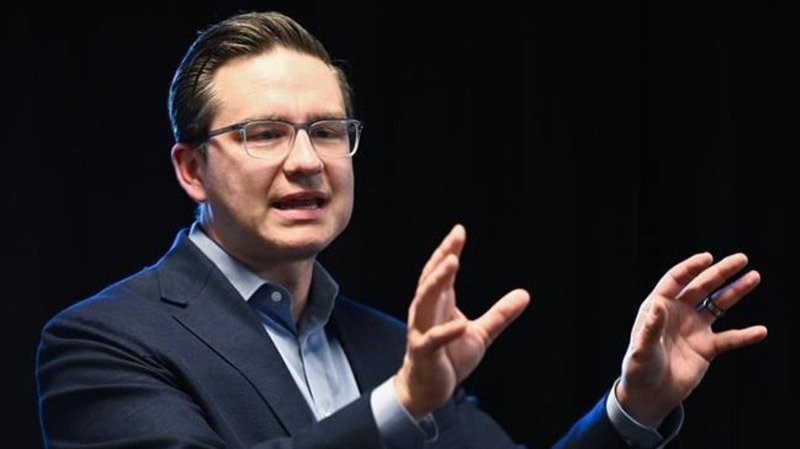
As Centre Ice group drops ‘Conservative’ from name, where are moderate Tories to go?
OTTAWA — An advocacy group started by centrist Conservatives to provide more of a voice to the political middle has dropped the party’s name to expand its base.
The “Centre Ice Conservatives” have become the “Centre Ice Canadians.” What does that say about the state of the federal party and the role of moderate Tories within it?
According to Rick Peterson, one of the group’s co-founders, the move shouldn’t be taken as a sign of any major shift.
He says the decision simply reflects how the group heard from supporters who wanted to get involved without appearing to be members of the federal Conservative Party.

